Addressing the Newbie Passions!

Since the day the worlds were formed by the Great I Am, we humans have never stopped expressing the creative power that was embedded in us. From way before the agricultural age, through the 1st industrial revolution to the 4th industrial revolution on whose gates I stand and write today, there has always been the need to invent new things or make a way of life better than the previous.

One nice thing about these changing revolutions is that, the problems of every age have a direct relation on the kind of solutions needed, and hence the kind of people who live in the era. There are usually some people who are just not satisfied with being able to just use the technology or apply it. There are always people who look beyond and want to invent new things or bring some more innovations to the already existing ones. For most people who will find themselves reading this piece, you are likely such a kind of person who already is or may have some passions to become a maker, innovator, hobbyist or inventor in this era too.
This is Africa, and I was born right here in Ghana. It’s rather unfortunate that the continent is so much behind the revolution. But then, it doesnt change the fact that a great technological revolution is now crawling beneath the carpets of this continent, even though most technologies on the global scale today are becoming more and more artificially intelligent and looks so far for us to catch up.
Today, we witness many young Africans delving into the depths of our electrical systems, exploring the binary world of computers, mastering the language of technology, and gaining expertise in its mechanics. And then, there’s another group this article aims to engage: the beginners, or “Newbies” as we call them.
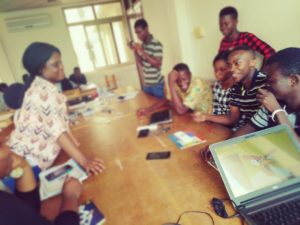 I’ve had conversations with many people, both younger and older than me. One of the most common questions I get is “Kwaku, I really love tech, robotics, programming, electronics, and stuff like you do, but I don’t know where or how to start.” It’s amazing to think that the next Safo Kantanka or Thomas Edison could be among these people. Who knows what great things could happen in Africa if these people had the right guidance? You never know.
I’ve had conversations with many people, both younger and older than me. One of the most common questions I get is “Kwaku, I really love tech, robotics, programming, electronics, and stuff like you do, but I don’t know where or how to start.” It’s amazing to think that the next Safo Kantanka or Thomas Edison could be among these people. Who knows what great things could happen in Africa if these people had the right guidance? You never know.
Well, I haven’t been on this road for so long that you may imagine but the best thing I keep doing when I get the opportunity is to try and make the road more clearer for others like you if you are also a newbie, and that is why I decided to compile this piece.
Artificial Brains - Microcontrollers
Computers have been around for a few decades now and their presence has changed everything and will continue to do so. From the smart device you are reading this on, to your TV remote, to the drones that fly above us these days, the automated doors that open when they see you approaching, the robots that assist in automobile companies, and yeah, the list goes on. We see hardware and software working hand in hand in all these technologies, all because of computers in one way or the other.
But wait, when I say computers I don’t only refer to the desktops or laptops. 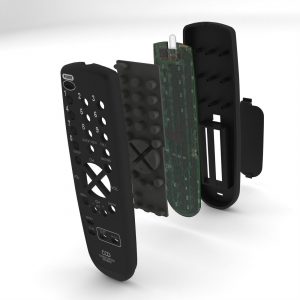 Those ones are just the “general purpose computers” that have become so popular and useful even at the consumer level. You are able to play games with your laptops, listen to music, watch movies and a whole lot, yes, but just take a look at your tv remote for a moment, we only need it to do one thing. When you press a specific button, you are expecting the television to do one specific something accordingly, and of course we cant practically afford to have a whole Asus, Dell or HP computer inside that small compartment we call a TV remote. No we don’t, so let me introduce you to microcontrollers!
Those ones are just the “general purpose computers” that have become so popular and useful even at the consumer level. You are able to play games with your laptops, listen to music, watch movies and a whole lot, yes, but just take a look at your tv remote for a moment, we only need it to do one thing. When you press a specific button, you are expecting the television to do one specific something accordingly, and of course we cant practically afford to have a whole Asus, Dell or HP computer inside that small compartment we call a TV remote. No we don’t, so let me introduce you to microcontrollers!
In simple English you can already conclude that “microcontrollers are small things that are able to control other things“. You are right, that definition is allowed. Microcontrollers are more like very smaller versions of the computers you know. They are what actually makes up the big computers. Just like the brain of human beings microcontrollers are the brains of most artificial systems we see around today. 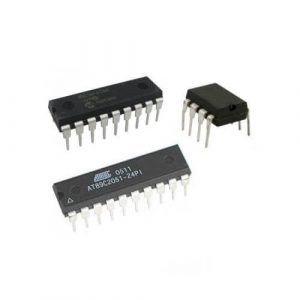 They have inputs – that is they can receive data from other things outside, they have processors – that is they can manipulate and make meaning out of the data they receive, they have memories – that is they can store some data they receive, and then they have outputs – that is they can send out the data they have in them to other things outside.
They have inputs – that is they can receive data from other things outside, they have processors – that is they can manipulate and make meaning out of the data they receive, they have memories – that is they can store some data they receive, and then they have outputs – that is they can send out the data they have in them to other things outside.
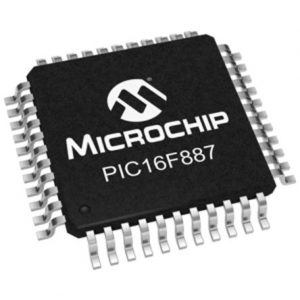 Microcontrollers are Integrated Circuits(ICs). There are so many of them and they may vary depending on the extent to which they can do what they do. The fascinating things about microcontrollers is the fact that they can be programmed (instructed) by you to do whatever specific thing you require them to do. So yes we are talking about a hardware that operates by means of some software or codes you have written to it.
Microcontrollers are Integrated Circuits(ICs). There are so many of them and they may vary depending on the extent to which they can do what they do. The fascinating things about microcontrollers is the fact that they can be programmed (instructed) by you to do whatever specific thing you require them to do. So yes we are talking about a hardware that operates by means of some software or codes you have written to it.
 Don’t worry, I understand that you might be thinking “How on earth am I supposed to program these pieces of electronic squares and rectangles and chips into a device, robot, or machine?” But today, it’s easier than you might imagine. The world of microcontroller electronics and programming is an amazing place, provided you have the passion to build stuff and program them into being.
Don’t worry, I understand that you might be thinking “How on earth am I supposed to program these pieces of electronic squares and rectangles and chips into a device, robot, or machine?” But today, it’s easier than you might imagine. The world of microcontroller electronics and programming is an amazing place, provided you have the passion to build stuff and program them into being.
 Maybe you’ve taken some inspiration from science-fiction characters like Tony Stark from Marvel’s Avengers or locally from Sarfo Kantanka. That’s great! But you need to be ready to start this journey of microcontroller electronics and programming, even if it’s just for a life’s dream or a school project.
Maybe you’ve taken some inspiration from science-fiction characters like Tony Stark from Marvel’s Avengers or locally from Sarfo Kantanka. That’s great! But you need to be ready to start this journey of microcontroller electronics and programming, even if it’s just for a life’s dream or a school project.
The Open Source Arduino Ecosystem
Today , it is very simple to start learning microcontroller electronics and programming because of the likes of some open 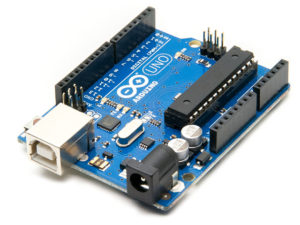 source hardware and software platforms like Arduino, Raspberry pi, Orange pi, Redboard Artemis, Wonder gecko and so so many more out there, but the one I would recommend for you to start with as a beginner is the Arduino.
source hardware and software platforms like Arduino, Raspberry pi, Orange pi, Redboard Artemis, Wonder gecko and so so many more out there, but the one I would recommend for you to start with as a beginner is the Arduino.
Arduino is the most popular and very beginner friendly platform to start microcontroller electronics and programming. What these platforms do is to make it simple for you to connect and control accessories with the particular microcontrollers embedded in them. For example, an Arduino UNO board uses a microcontroller called ATMega328p, and hahaa I wont get you bored already with any further terminologies and technicalities but I just want you to know what practical steps you should take after reading this here if you want to see yourself building and programming awesome stuff in a few days to come.
What do I need to get started with Programming, Electronics and Robotics?
If you are reading this article anywhere on the Aaenics website, you are already at the right place to get access to all the required resources you need to start this amazing journey. The first thing you’ll need to get yourself is an Arduino Starter kit, and yes the Arduino Starter kits from the Aaenics Store currently comes in 4 custom variations, all because of customer preference sake and the fact that “pockets shouldn’t limit passion“. The kit contains all the basic electronics components and modules that will teach you how to build smart circuits that can interact with the world around it.
Once you get hold of and Arduino kit ,your journey has already started since the AaenoTutor in the Aaenics community has a free, organized, culturally friendly and brief introductory course that will take you from zero to hero. The course is a self paced one, which means you can take breaks whenever you feel like, just so that you can move at your own speed.
So hey, geniuses and geniuses to be, if you’ve been passionate about walking this road but didnt know where to start or what to read, I just hope this piece has given you a head’s up. If you have any comments or contributions to this piece too please leave it right in the comment section and I know it will be of help to the rest of the community too. Do well to connect with me in the Aaenics community if you need to reach me directly.
You can also connect with me on some social media platforms like:
Twitter: (@kwakueffa) | Facebook: (@kwakueffa) | Instagram: (@kwakueffa)
I post a lot of tech contents and is mostly active on twitter for conversations as well.
See you at the top, stay blessed and go be you!

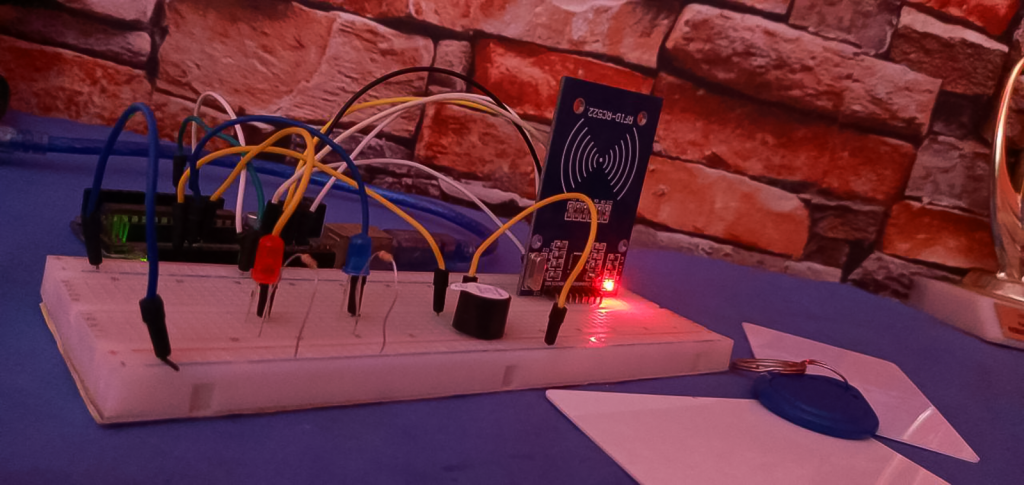


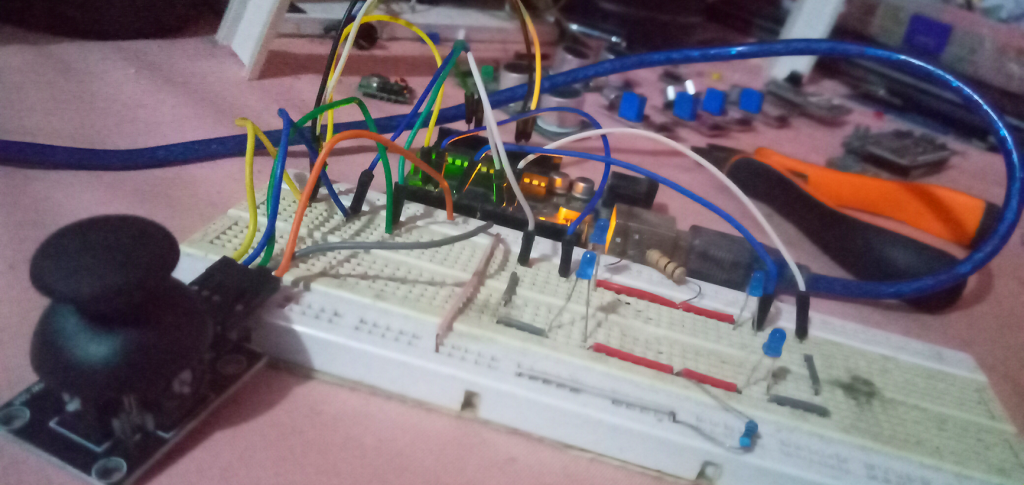

A nice piece
🔥
Great piece💯. The fact that you didn’t only recognize only foreign tech gurus but remembered a local.. Thumbs up👍🏽
Wow thats very ture bro!
And I know more heroes are going to rise from here too soon!
Insightful, thank you
welcome genius!
Boy
Straight, well said
truth!